Because of this sleep deprivation can worsen or even increase your chances of anxiety and depression. Sleep issues associated with depression include insomnia hypersomnia and obstructive sleep apnea.
/what-are-the-symptoms-of-sleep-deprivation-3015161_color4-5b42c4ddc9e77c00374089b8.png) Sleep Deprivation Overview And More
Sleep Deprivation Overview And More
During sleep your body and mind repair themselves and become stronger.

Lack of sleep and depression. For teenagers every hour of sleep lost each night increased sad and hopelessness feelings by 38. The relationships between insomnia sleep apnoea and depression. Unfortunately in todays hurried get-more-done worried world poor sleep and sleep deprivation have become the norm rather than the exception.
An inability to sleep is one of the key signs of clinical depression. Sleeping patterns and mental health are two closely-related concepts. A study published in the Journal of Youth and Adolescence painted a worrying picture.
Longitudinal studies suggest that insomnia and other sleep problems worsen before an episode of mania or bipolar depression and lack of sleep can trigger mania. That people with insomnia have a significantly higher risk of developing depression. Insomnia is the most common and is estimated to occur in about 75 of adult patients with depression 9.
Sleep problems also adversely affect mood and contribute to relapse. Theyre also three times more likely to be depressed than their alert classmates who get enough sleep a new study has found. A study conducted by researchers at the University of Sydney on young adults between 17 and 24 showed that for every 1 hour less of night sleep mental and emotional distress levels rose by 5.
Our results indicate that poor subjective sleep quality is associated with increased risk for death by suicide 10 years later even after adjustment for depressive symptoms. Depression symptoms can affect your sleep and symptoms of sleep disorders like sleep apnea or insomnia may also lead to. Depression and sleep are linked in an interesting way.
Around 70 million Americans suffer from sleep disorders and the problem is also significant in other locations around the world. Disturbed sleep appears to confer considerable risk independent of depressed mood for the most severe suicidal behaviors and. Given that a single sleepless night can make you irritable and moody the following day its not surprising that chronic sleep debt may lead to long-term mood disorders like depression and anxiety.
Other sleep disorders like obstructive sleep apnea and restless legs syndrome are associated with a higher probability. Sleep troubles can lead. When you are tired from a lack of sleep situations and events that you normally face can tire you out even more and this can lead to depression.
And depression itself is associated with sleep difficulties such as shortening the amount of restorative slow-wave sleep a person gets each night If you have depression daily stressessuch as financial worries an argument with your spouse or a jam-packed evening commutecould also lead to more nighttime wake-ups and more trouble getting back to sleep than someone without depression. People with obstructive sleep apnea OSA a sleep disorder that causes repeated lapses in breathing and interrupted sleep have been found to have higher rates of mental health problems including depression anxiety and panic disorder. Causes of sleep deprivation In a nutshell sleep deprivation is caused by consistent lack of sleep or reduced quality of sleep.
It is believed that about 20 of people with depression have obstructive sleep apnea and about 15 have hypersomnia. Another sign of clinical depression is sleeping too much or oversleeping. Findings from the American National Health and Nutrition Examination Survey 2005-2008 Insomnia OSA and comorbid insomnia-OSA are associated with significant depressive symptomology among this large population-based sample of.
Some of the well-established effects of lack of sleep on depression are. The idea was that you became depressed and that your sleep got messed up as a consequence. Poor sleep is one of the most common symptoms of depression contributes to developing the condition and perpetuates it.
Historically insomnia has been thought of as secondary to other disorders such as depression. When people with anxiety or depression were surveyed to calculate their sleeping habits it turned out that most of them slept for less than 6 hours a night. Having a sleep disorder does not in itself cause.
Three quarters of those who suffer from depression also suffer from a lack of sleep. Your brains entire electrical and chemical systems are influenced by your sleep or lack of it. Getting less than 7 hours of sleep on a regular basis can eventually.
 Frequency Of Nonspecific Symptoms Tiredness Fatigue Sleep Disorders Download Scientific Diagram
Frequency Of Nonspecific Symptoms Tiredness Fatigue Sleep Disorders Download Scientific Diagram
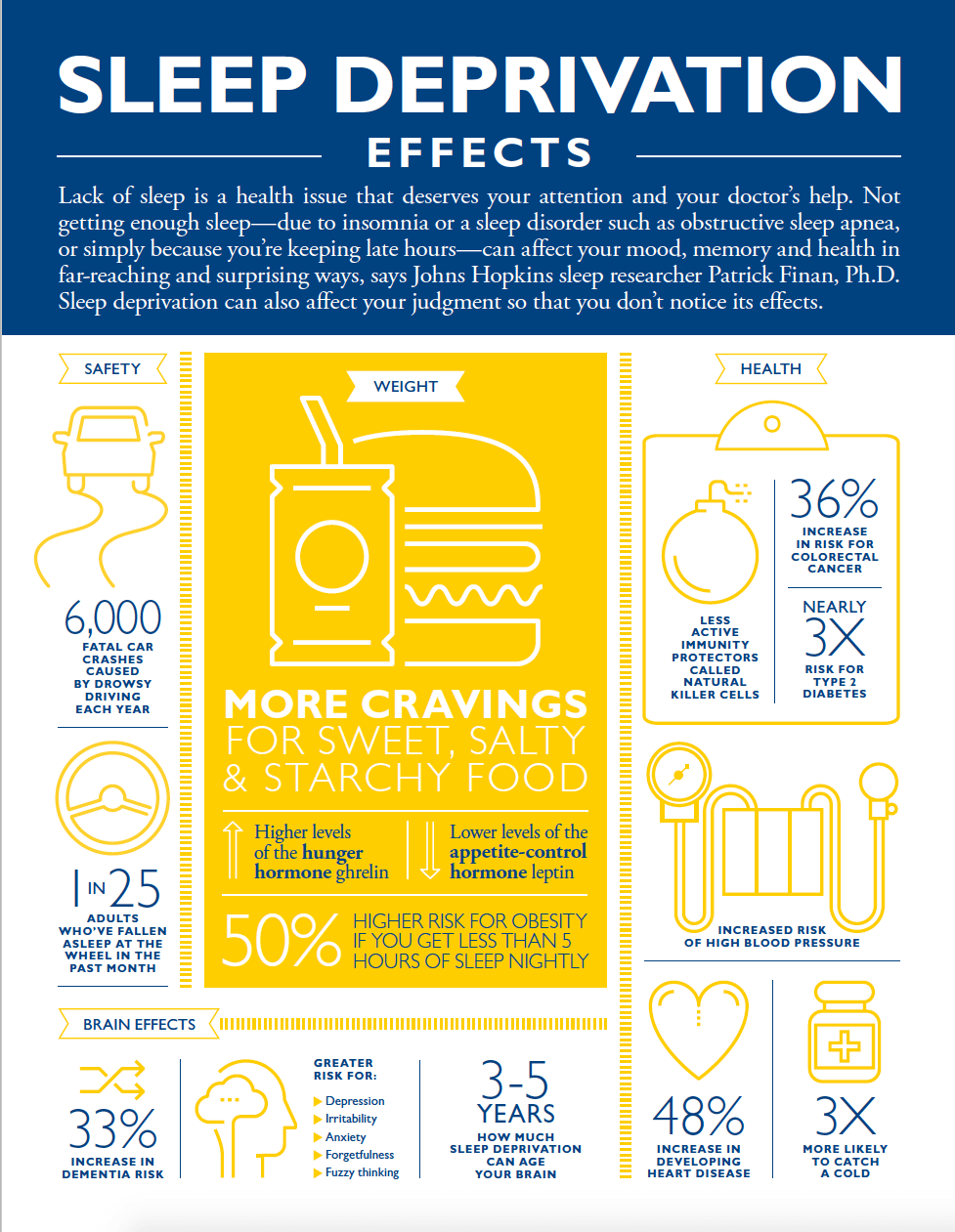
/maybe-its-not-depression-2330495_final-6ca813926d564fcebd4becf475ba831e.png) 13 Possible Reasons Why You Re Tired All The Time
13 Possible Reasons Why You Re Tired All The Time
It Smorethansnoring Sleep Apnea And Its Shocking Link To Anxiety And Depression Novi Dental Sleep Medicine
 What Sleep Deprivation Does To Your Body Skyterra Wellness
What Sleep Deprivation Does To Your Body Skyterra Wellness
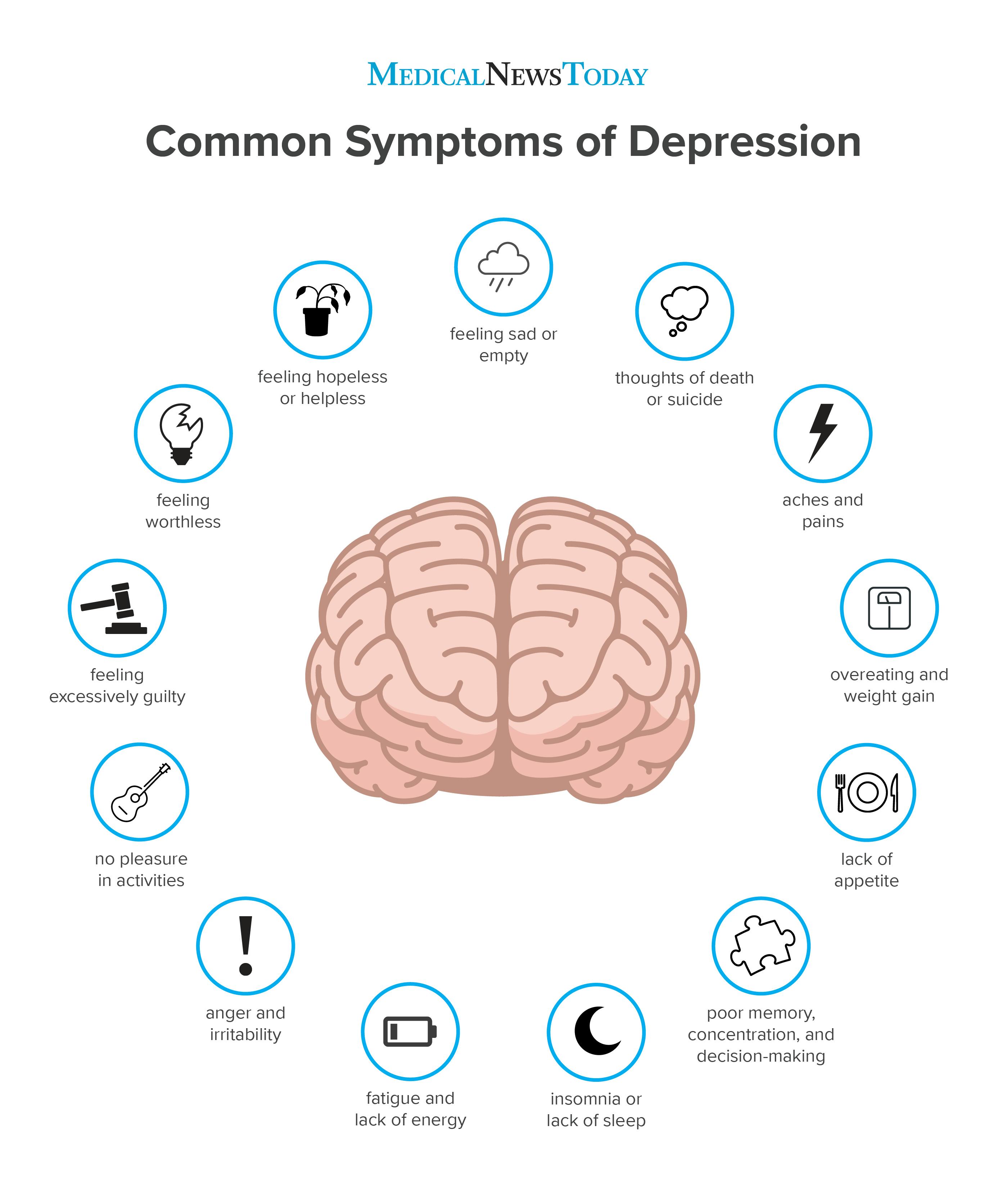 13 Common Signs And Symptoms Of Depression
13 Common Signs And Symptoms Of Depression
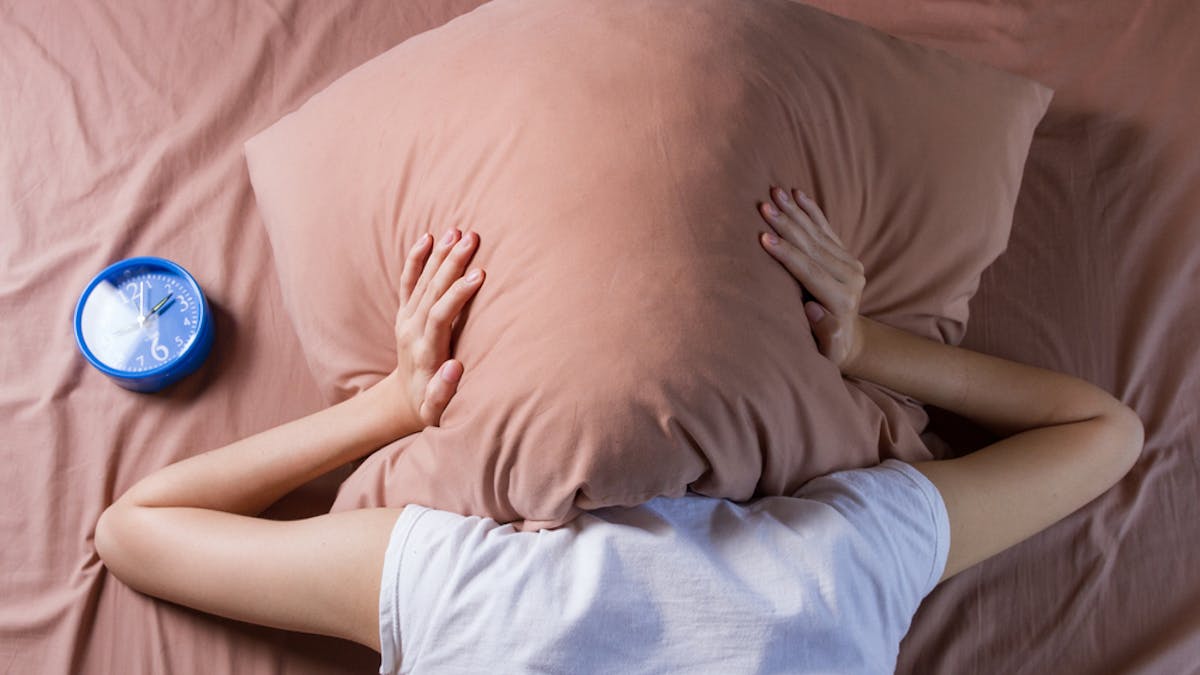 Why A Lack Of Sleep Makes Us Depressed And What We Can Do About It
Why A Lack Of Sleep Makes Us Depressed And What We Can Do About It
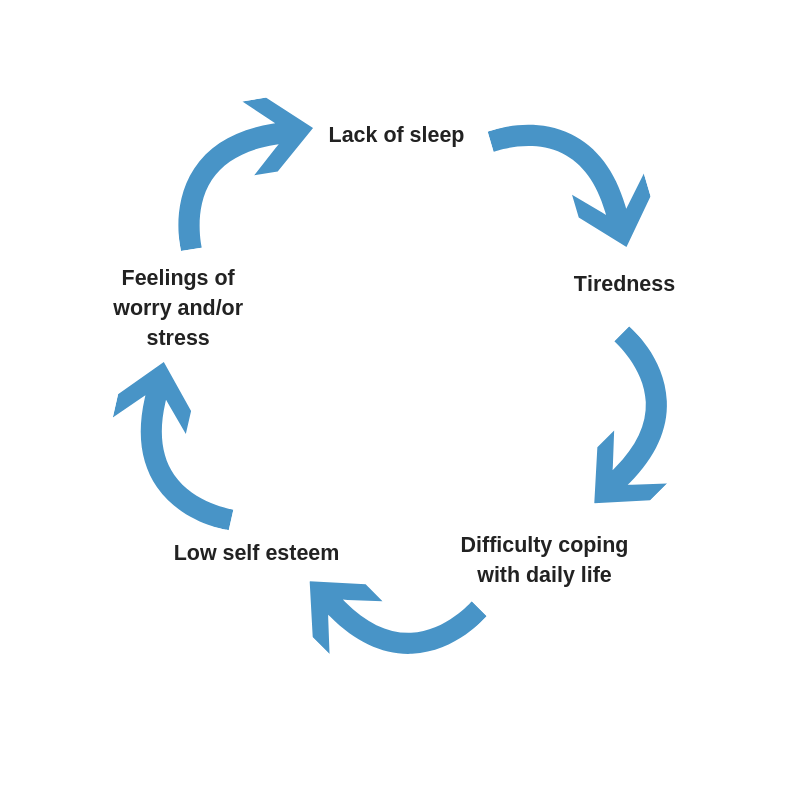 Sleep And Mental Health Are You Getting Enough Sleep
Sleep And Mental Health Are You Getting Enough Sleep
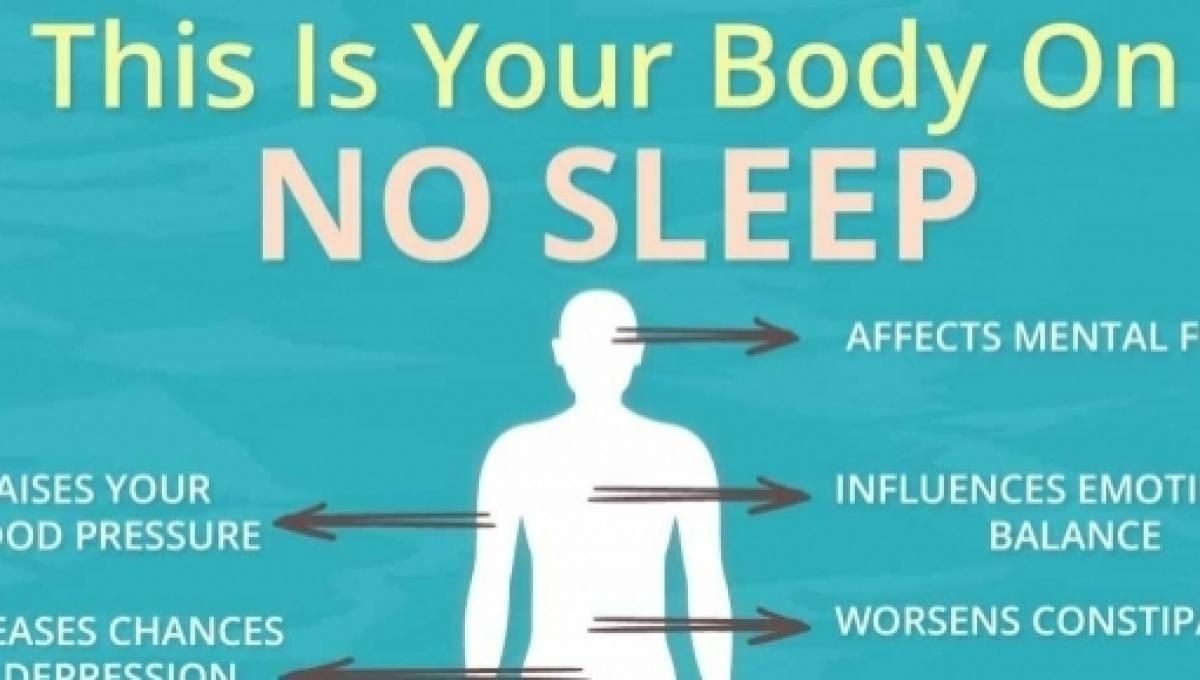 Lack Of Sleep May Lead To Dementia And Depression
Lack Of Sleep May Lead To Dementia And Depression
 How Does Depression Affect Your Sleep
How Does Depression Affect Your Sleep
Teens Who Lack Sleep At Greater Risk For Depression Suicide Warns Mason Researcher The Mason Spirit
 How Sleep Deprivation Leads To Depression Recursource
How Sleep Deprivation Leads To Depression Recursource
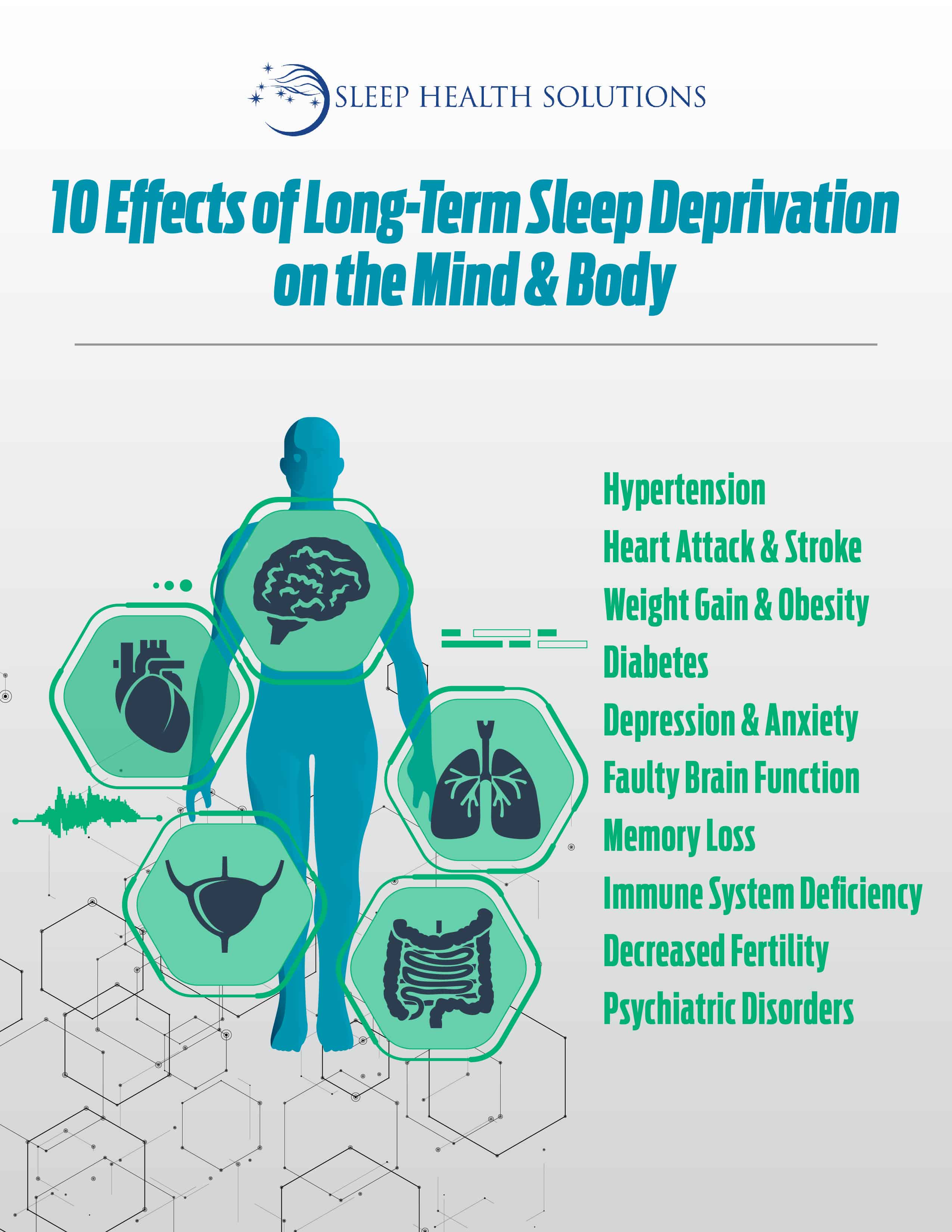 Sleep Deprivation 10 Long Term Effects Blog Sleep Health
Sleep Deprivation 10 Long Term Effects Blog Sleep Health


No comments:
Post a Comment
Note: Only a member of this blog may post a comment.